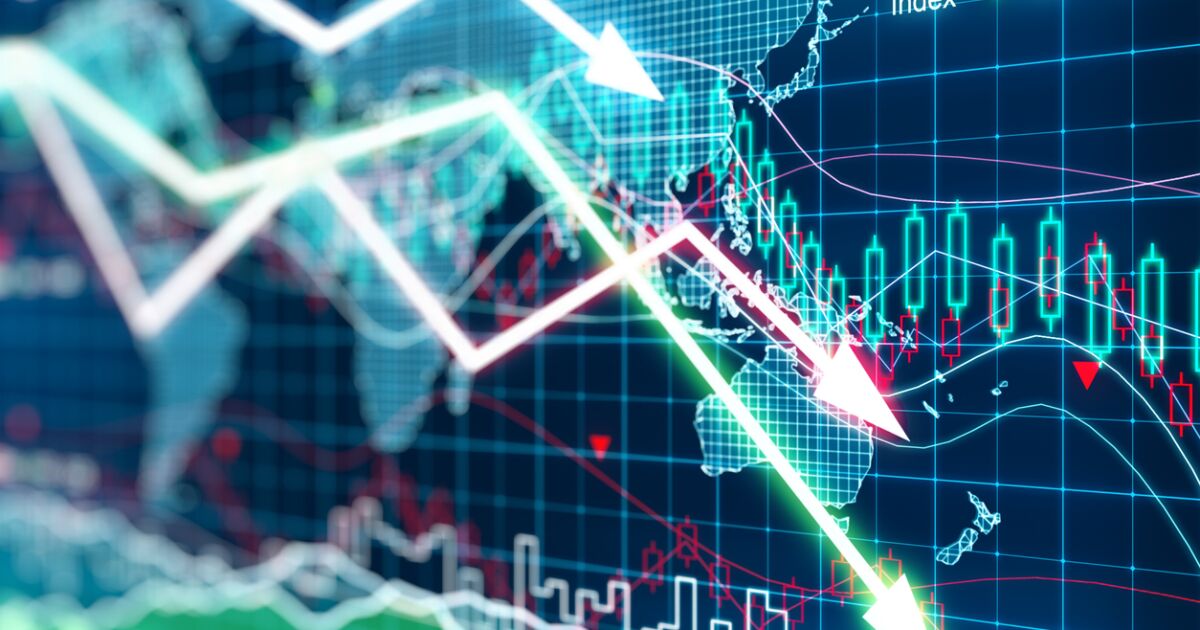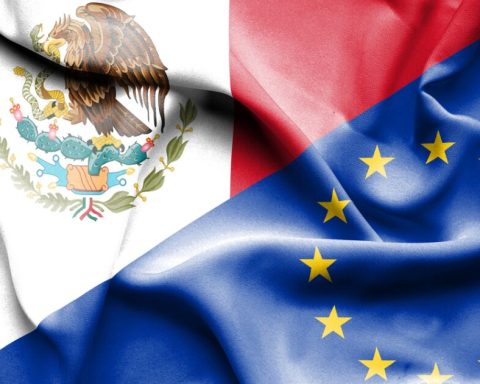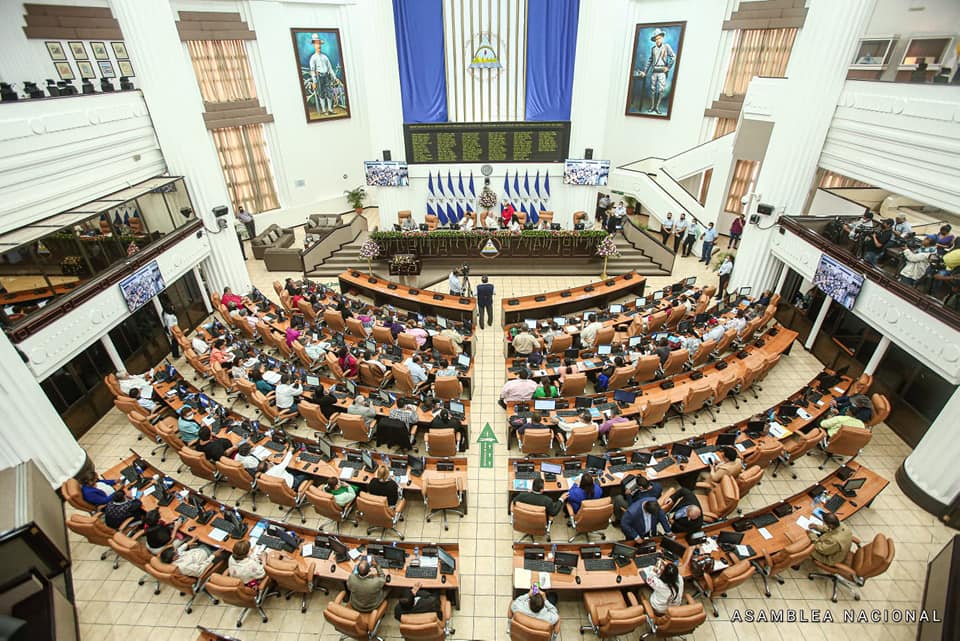Global growth had picked up in 2021 to 6.1% after the COVID-19 pandemic crushed global output in the previous year with a 3.1% contraction.
“The outlook has darkened significantly since April. The world could soon be on the verge of a global recession, just two years after the last one,” IMF Chief Economist Pierre-Olivier Gourinchas said in a statement.
The IMF said its new forecast is “extraordinarily uncertain” and subject to downside risks from Russia’s war in Ukraine, which is driving up energy and food prices. This would exacerbate inflation and embed longer-term inflation expectations that would trigger further tightening of monetary policy.
Under a “plausible” alternative scenario that includes a complete cutoff of Russian gas supplies to Europe by the end of the year and a further 30% drop in Russian oil exports, the IMF said global growth would slow to 2.6%. in 2022 and 2% in 2023, with practically zero growth in Europe and the United States next year.
Global growth has fallen below 2% just five times since 1970, the IMF said, including during the 2020 COVID-19 recession.
The entity said that it now expects the 2022 inflation rate in advanced economies to reach 6.6%, compared to 5.7% in April forecasts, adding that it would remain high for longer than previously expected.
Inflation in emerging and developing countries is now expected to hit 9.5% in 2022, up from 8.7% in April.
“Inflation at current levels represents a clear risk to current and future macroeconomic stability,” Gourinchas said.
Monetary policy tightening will hit the economy next year, slowing growth and putting pressure on emerging countries, but delaying this process “will only exacerbate the difficulties,” he said, adding that central banks “should stay the course that inflation is controlled.
For the United States, the IMF confirmed its July 12 forecasts for 2.3% growth in 2022 and 1.0% for next year, which it had cut twice since April due to slowing demand.
The Fund slashed China’s GDP growth forecast for 2022 to 3.3% from 4.4% in April, as COVID-19 outbreaks and widespread lockdowns in major cities have reduced output and worsened disruptions. of the global supply chain.
The IMF cut its 2022 eurozone growth outlook to 2.6% from 2.8% in April, reflecting inflationary spillovers from the war in Ukraine.
However, forecasts were cut deeper for some countries more exposed to war, including Germany, whose growth outlook for 2022 was lowered to 1.2% from 2.1% in April.
Meanwhile, Italy saw its growth outlook for 2022 rise due to better prospects for tourism and industrial activity. However, the IMF said last week that Italy could suffer a deep recession under the Russian gas embargo.
Russia’s economy is expected to contract 6.0% in 2022 due to tightening Western sanctions, and fall a further 3.5% in 2023, the IMF said. He estimated that Ukraine’s economy will shrink by 45% due to the war, but said the estimate comes with extreme uncertainty.















